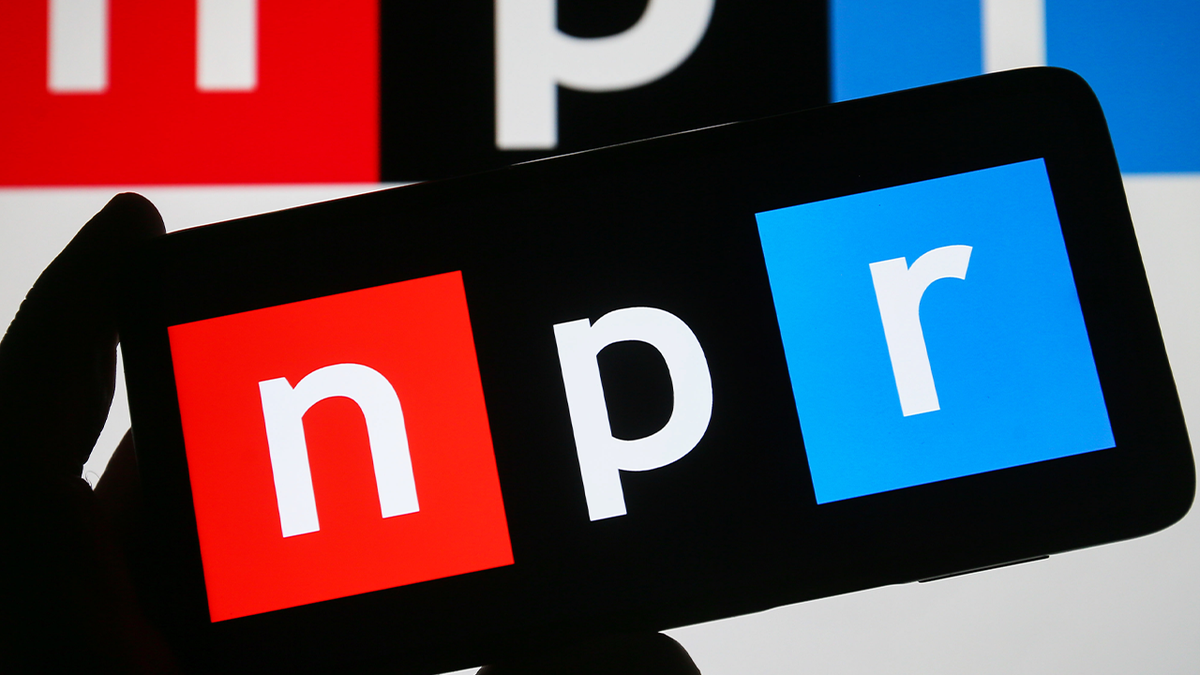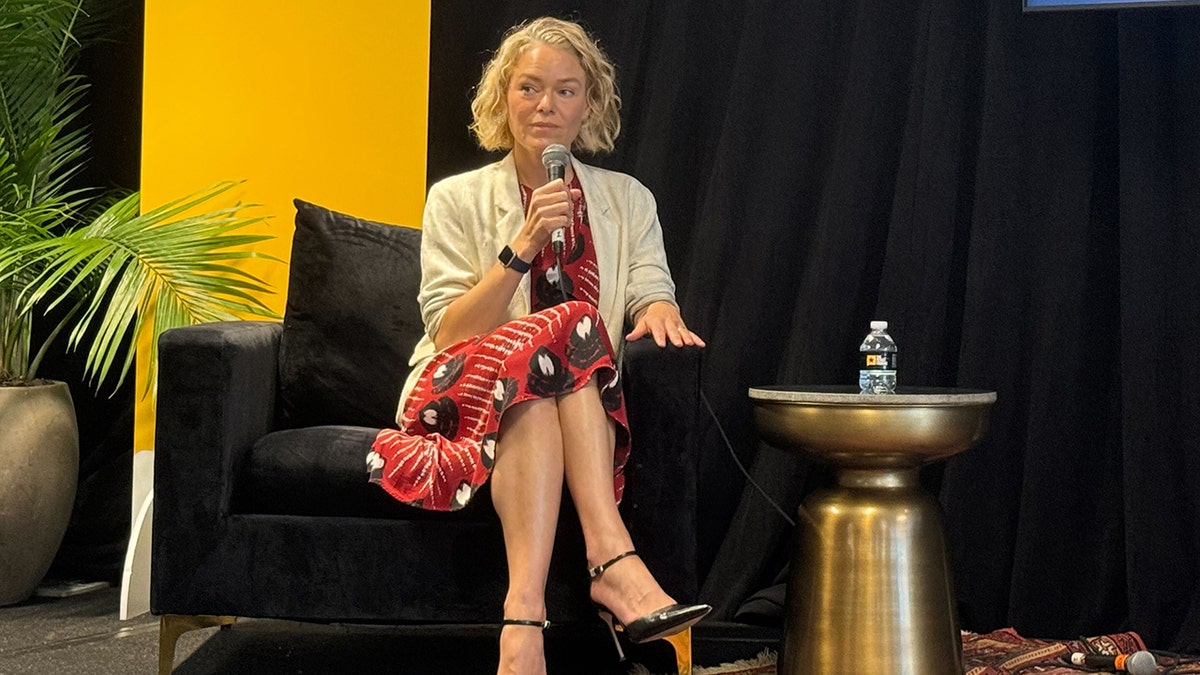National Public Radio (NPR) stands as a unique entity in the American media landscape. Funded in part by the government, it occupies a space typically rejected in a nation wary of state-sponsored media. Further blurring the lines, NPR solicits sponsorships while simultaneously denying it runs commercials. With dwindling audiences and revenue streams, NPR's future, and its very identity, are now facing intense scrutiny.
Despite once being a regular contributor, I've become increasingly critical of NPR's evident political leanings and intolerance of dissenting perspectives. Even after editor Uri Berliner's exposé on the organization's bias, NPR has doubled down on its one-sided coverage. The appointment of Katherine Maher, previously criticized for her strong political stances, as CEO further solidified this trajectory.
The federal government's subsidization of NPR has long been debated. While NPR insists this funding is vital, the U.S. traditionally rejects state media models. This financial reliance becomes even more critical given NPR's declining listenership and revenue, forcing significant staff cuts.

Ironically, NPR's audience is overwhelmingly white, liberal, and affluent, a stark contrast to the diversity it often champions. Yet, while serving a shrinking demographic, it continues to expect taxpayer support. Many argue that NPR should compete in the free market like other media organizations.
The Federal Communications Commission (FCC), under Chair Brendan Carr, is now questioning NPR's claim of not airing commercial advertisements. Carr has expressed concern that NPR's sponsor announcements may, in fact, be commercials, potentially violating federal law. NPR's own sponsorship guidelines suggest their approach is simply a more effective way to reach consumers, blurring the lines between sponsorship and advertising.

NPR's response to these challenges has been striking. Its shrinking audience staunchly defends public funding while simultaneously dismissing the views of a significant portion of the population. This raises the question: should taxpayer dollars support a media outlet that caters to a specific ideology?
I believe all media outlets, including Fox News where I am a legal analyst, should be financially independent and rely on their audiences. Many struggling liberal outlets, like The Washington Post and LA Times, prioritize their bias over balanced coverage, even as their readership declines. They have the right to their perspective but not to a taxpayer-funded safety net.
It's time for a clear rule against government subsidies for media organizations. NPR may claim to be public radio, but its current model doesn't reflect who we should be as a nation.
Comments(0)
Top Comments